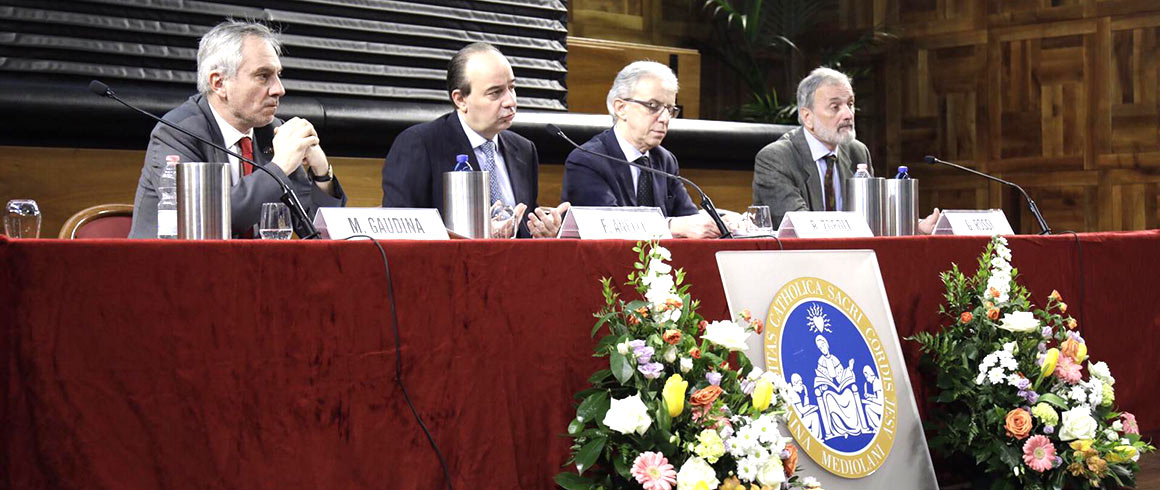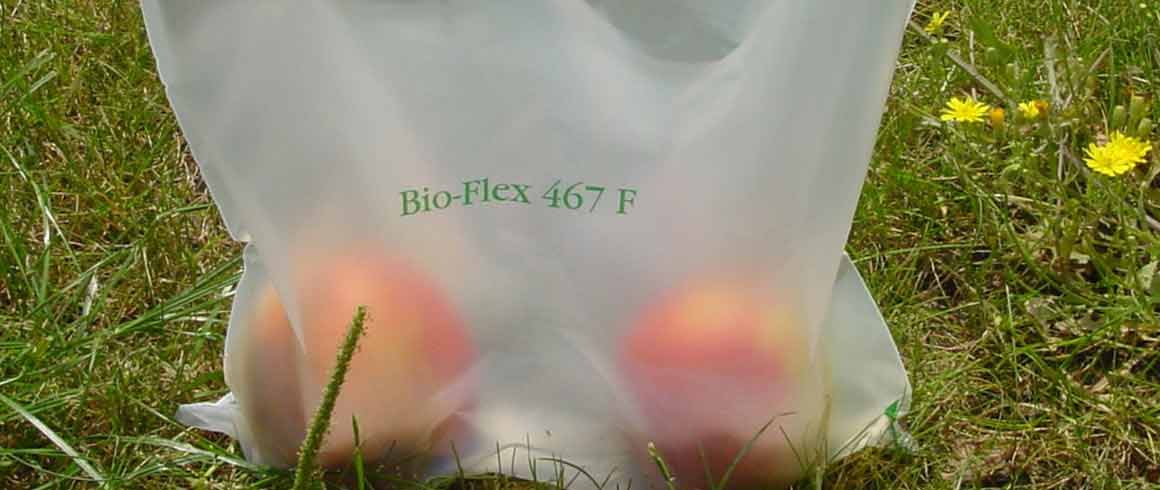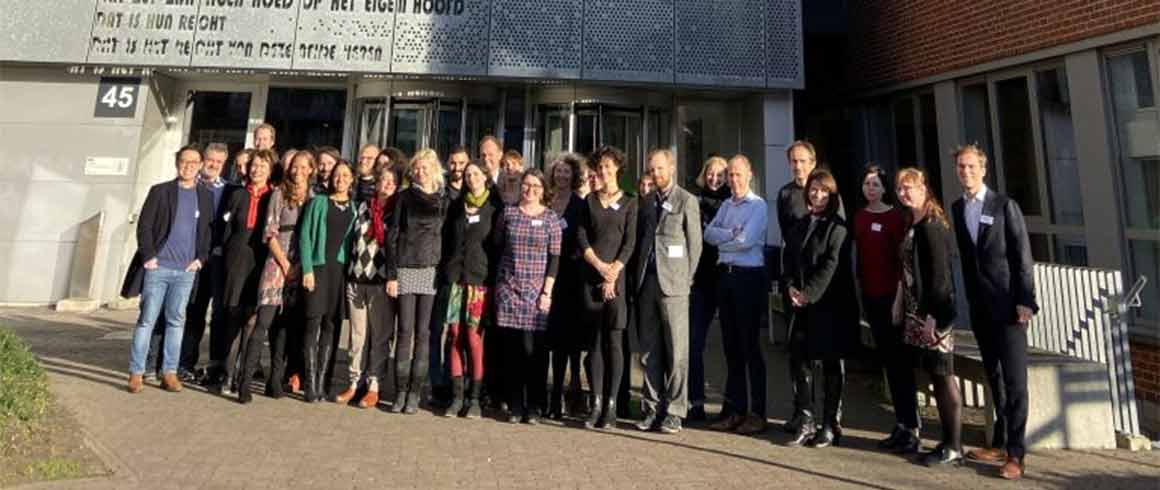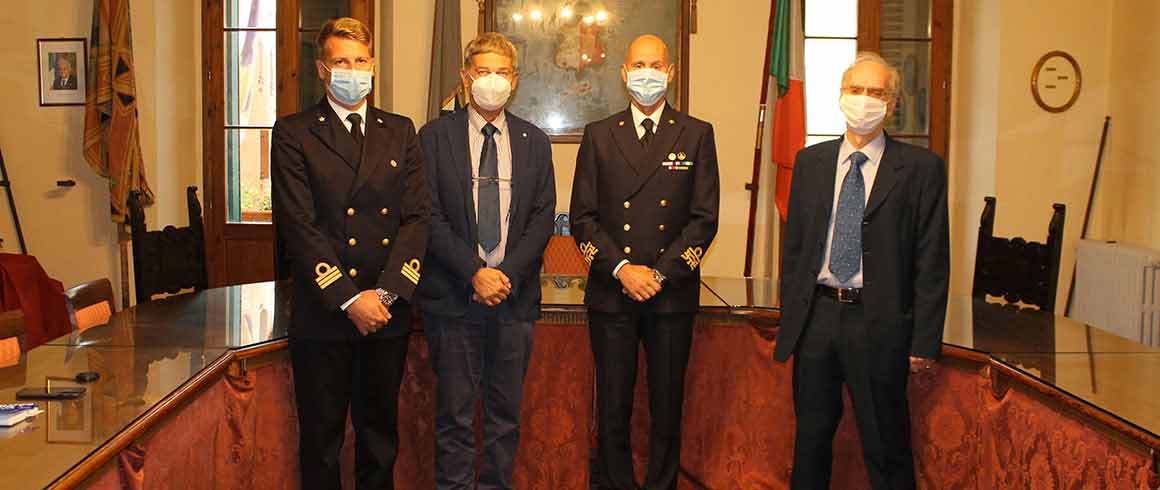For the first time in Italy, the European research sector dialogues with professionals and civil society in a public debate and does so at Università Cattolica del Sacro Cuore presenting the new research programme - Horizon Europe 2021-2027. «Our University is proud to host the first initiative designed to bring Italy into the discussion with the programming bodies of the European research missions that are about to draft the 2021-2027 European Agenda for research and innovation» said the Rector Franco Anelli, introducing the project of the day "The Mission-oriented research of Horizon Europe 2021-2027. What are the opportunities for Italy?"
«Putting science and Europe into the equation together reveals a common problem: stepping onto the streets and trying to engage with the general public which regards the Union - as well as science - with scepticism, indifference and little trust, if not outright negation», explained Massimo Gaudina, Head of the European Commission Representation in Milan, who was extremely satisfied with the large number of representatives from the scientific community, academia, local administrators and civil society present in the aula magna.
Indeed over 500 people attended the conference in Milan on Wednesday 5 February in largo Gemelli to help identify the research directions around which the most important impact activities of European research on society, the economy and culture will develop over the next seven years, as explained by Professor Roberto Zoboli, the Rector's delegate for scientific research and sustainability.
Investments of €100 billion (compared to 77 in Horizon 2020) have been predicted for the next seven years by the European Commission - as confirmed in a conference call with Patrizia Toia, vice-president of the Industry, Research and Energy Commission of the European Parliament - to fund the three pillars of the programme. «A cooperative approach is needed to focus the objectives on Horizon's three pillars in order for resources to be applied appropriately» concluded the MEP.
One of the most innovative pillars which was discussed at Università Cattolica is Mission-oriented research. Research missions represent a new way of conceiving, designing, implementing, monitoring and evaluating specific challenges related to priority clusters and also a way of trying to communicate projects to the general public. Five are the challenges: cancer research, with Walter Ricciardi of Università Cattolica as Chair of the Board; climate-neutral and smart cities, which also meet one of the United Nations’ sustainable development objectives; healthy oceans, seas coastal and inland waters; adaptation to climate change including societal (of which Università Cattolica’s Professor Laura Zanfrini is the Italian representative on the board); finally, the one on soil health and food.
«It is a challenge that we have to commit to, even if we have yet to define much of the details of how the missions will be carried out», said Marco Falzetti, Director of the Agency for the Promotion of European Research. «As Director of APRE, it is my duty to remember how important it is. For a country that has a limited availability of research funds the European challenge is not only an opportunity, but it is also vital».
A challenge that, in the last five years, Università Cattolica has partaken in by increasing participation in projects financed under Horizon 2020, achieving a success rate of 12.66% in 2018, higher than the national success rate that stands at 11.9%. The increase in the University's participation is particularly relevant in Horizon 2020's "Excellent Science" pillar, which rewards basic research with a bottom-up approach.
According to Professor Giorgio Rossi, Italian member of the Governing Board of the European Open Science Cloud (Eosc), «Italy invests in excellent research infrastructures and manages them in the fields of physics, solid earth geophysics, atmospheric physics and research in the social sector». «The missions can profit from research infrastructures to carry out intrinsically multidisciplinary research on complex issues that require secure scientific data», as in the case of adaptation to climate change and its impact on society.
What are the paths we must follow to deal with such complex problems? Jaroslav Mysiak, Director of 'Risk assessment and adaptation strategies' of the Euro-Mediterranean Centre on Climate Change and member and rapporteur of the 'Adaptation to Climate Change and Societal Transformation' Mission Board outlined some thoughts: «Firstly, the planning, then the reduction, of the climate impact, every citizen's and business organisation' s footprint. So we must take steps to reduce this risk».
In Mysiak's words, it is hoped that the Mission Boards will outline a new path for Europe - but also for the world - as a model to follow and that they will also be able to mobilise the attention of the general public as the young Swedish activist Greta Thunberg has been able to do, particularly amongst children, teenagers and young people, but also among adults.
In the afternoon session, the participants in the event had the opportunity to express their ideas, expectations and thoughts brainstormed in the five parallel working tables dedicated to the following topics:
1. Transition of the paradigms of production and consumption;
2. Biodiversity, bio-economy, natural capitals;
3. Governance of territories and anthropological capitals;
4. Risks, social innovation, resilient communities;
5. Smart cities and centre-periphery relations.
The conclusions were discussed in a second plenary session, coordinated by Laura Zanfrini, which synopsised the results from the stakeholders, vital to Mission Board representatives in the drafting of the 2021-2027 European research agenda.





